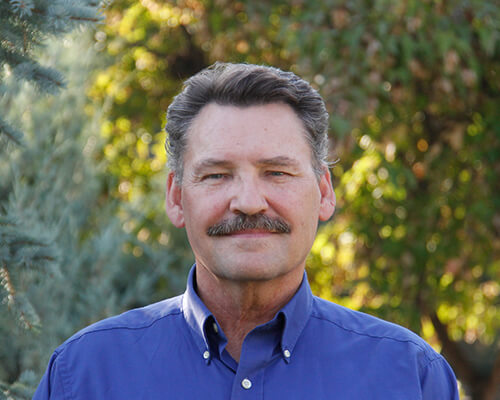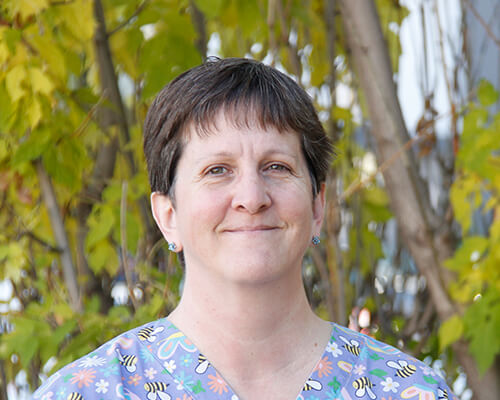Brad
Managing the Ups and Downs
My mom has Alzheimer’s disease. It hasn’t been easy, but she’s my mom and I’ll do anything to help her.
I work full time and feel very fortunate to have a supportive boss who’s aware that I’m a caregiver for a person with dementia. He understands when I have to leave to deal with an emergency. Thank goodness for that, because I often need to duck out to go to the care home where my mom lives and help calm her if she’s upset.
On occasion, she has become verbally abusive or accused people of stealing from her. She’s called and left messages and cried because she is so upset. This isn’t my mom. Growing up, she never ever yelled at us kids.
I’d be lost if I hadn’t reached out to the Alzheimer Society. They helped me understand what was going on with my mom. They taught me about the changes going on in her brain and that it’s not her fault. I have learned so much and feel more equipped to handle what lies ahead. Their support has been indispensable from the get-go and continues to be to this day.
They also helped me realize that it’s important to take care of myself as a caregiver. I do this by talking with my wife and our grown up children, exercising, cooking and doing home renovations. I will continue to learn and attend events organized by the Alzheimer Society so I can better manage the ups and downs of my mom’s progression with the disease.

Here are my tips to help you understand:
- When you make the initial appointment with your doctor, make sure you go with the person who has dementia. This way you can fill in any gaps that may give them the whole story.
- Get in touch with your Alzheimer Society as soon as possible. The support they provide is invaluable and can help guide you with next steps.
- Look up Teepa Snow and watch some of her videos online. She’s amazing and has great tips to help caregivers understand how to communicate better with the person with dementia.
- Communication is important. Share what you learn with other members of your family. It isn’t always easy, because everyone handles things differently, but it is important to keep trying.
- Don’t be afraid to talk about dementia and explain what is happening so that people understand. The more we talk about it, the better chance we have in reducing the stigma.
-
More Stories
-

Gary
2018
Manitoba
-

Laurie
2018
Manitoba
-

Nancy
2020
Manitoba
-

Tannis
2018
Manitoba

Comments
We may use your information in order to track your relationship with us and our site(s). We do NOT share your information with third parties.